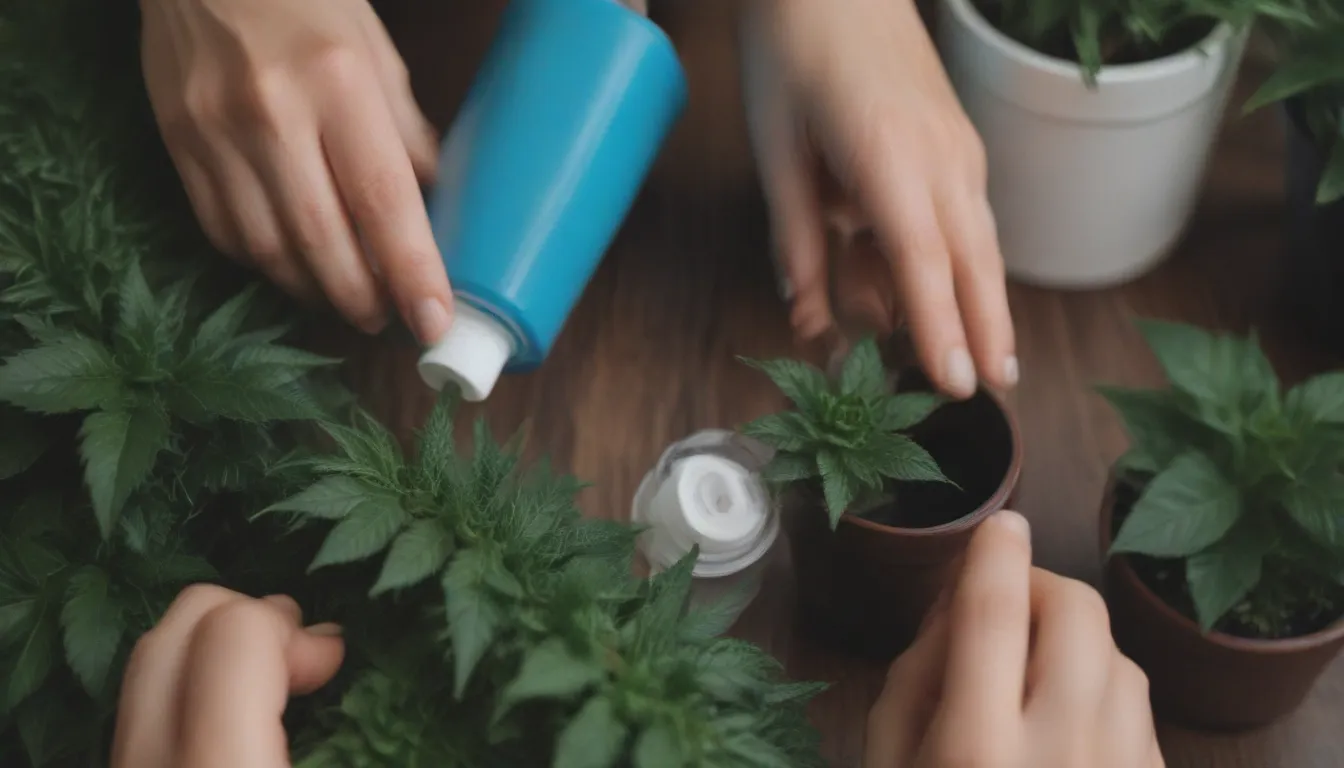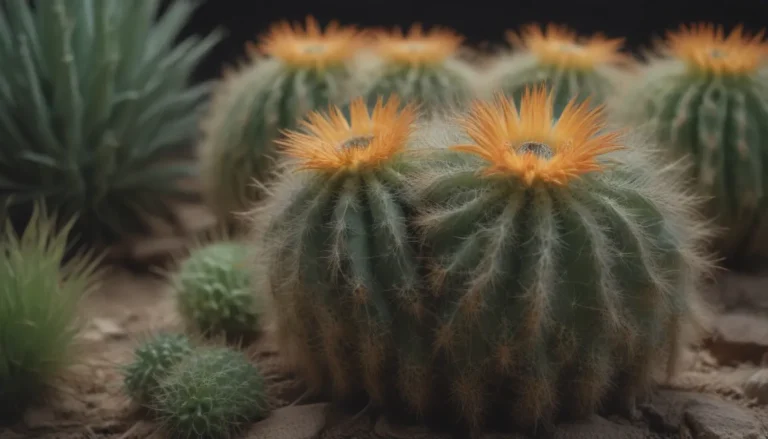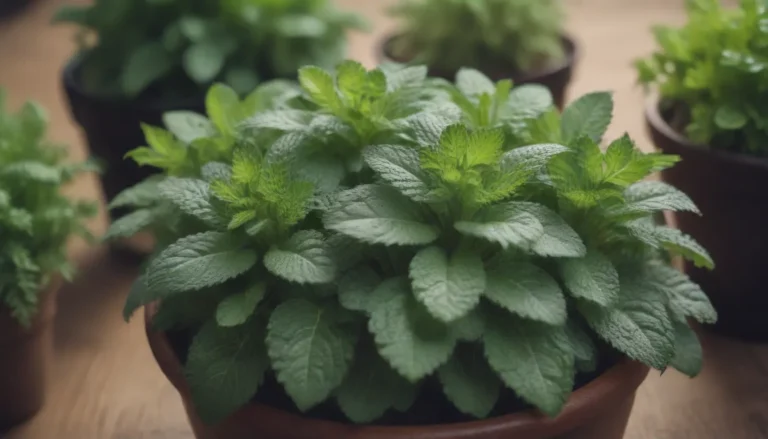The Ultimate Guide to Using Hydrogen Peroxide for Plants

If you’re looking for a versatile and budget-friendly solution to enhance the health and growth of your plants, look no further than hydrogen peroxide. This household staple can be a game-changer for both indoor houseplants and outdoor gardens. Here are five compelling reasons why you should consider incorporating hydrogen peroxide into your plant care routine:
What Is Hydrogen Peroxide?
Hydrogen peroxide is a multipurpose chemical compound commonly used as an antiseptic and bleach. In the gardening realm, it serves a variety of purposes, from disinfecting garden tools to combatting root rot. The most commonly available concentration is 3%, which can be diluted with water for different applications.
Benefits of Using Hydrogen Peroxide for Plants
Gardeners all over the world swear by the numerous benefits of hydrogen peroxide when it comes to plant care. Let’s explore some of the ways you can harness its power for your own greenery:
1. Disinfecting Garden Tools
Regularly disinfecting your garden tools is crucial to prevent the spread of harmful bacteria and fungus among your plants. Simply soaking your tools in a hydrogen peroxide solution can effectively sanitize them, ensuring the health of your garden.
Tip: For hydroponic plants, add two and a half teaspoons of hydrogen peroxide to one liter of water to maintain a healthy environment.
2. Boosting Plant Growth
By oxygenating the soil, hydrogen peroxide promotes better aeration for plant roots, leading to improved nutrient uptake and overall growth. Additionally, its disinfectant properties help combat bacterial and fungal infections that can hinder plant development.
3. Combating Root Rot
When plants are suffering from root rot, hydrogen peroxide can be a lifesaver. Its oxygenating properties can help revive plants in the early stages of decay, preventing further damage and promoting recovery.
4. Repelling Pests
Hydrogen peroxide’s disinfectant properties extend to repelling pests and insects that may harm your plants. It can effectively combat fungal infections like powdery mildew and deter unwanted visitors from taking up residence in your garden.
5. Killing Weeds
When used strategically, hydrogen peroxide can also serve as a natural weed killer. It’s important to apply it carefully to avoid damaging desirable plants, but when used appropriately, it can help maintain a weed-free garden.
Incorporating hydrogen peroxide into your plant care routine can yield significant benefits for your green friends. Whether you’re looking to disinfect tools, boost growth, combat pests, or tackle weed infestations, this versatile solution has got you covered.
Remember to always dilute hydrogen peroxide before use to prevent leaf damage and ensure its effectiveness. With these tips in hand, you can harness the power of this household staple to nurture healthier, more vibrant plants in your indoor and outdoor spaces.





